
Muirhead Library of Philosophy
A HISTORY OF PSYCHOLOGY

Muirhead Library of Philosophy
PHILOSOPHY OF MIND AND PSYCHOLOGY
In 17 Volumes
I | The Nature of Thought (Vol I) | Blanshard |
II | The Nature of Thought (Vol II) | Blanshard |
III | A History of Psychology (Vol I) | Brett |
IV | A History of Psychology (Vol II) | Brett |
V | A History of Psychology (Vol III) | Brett |
VI | The Subject of Consciousness | Evans |
VII | Imagination | Furlong |
VIII | Mental Images | Hannay |
IX | Nature, Mind and Modern Science | Harris |
X | Hypothesis and Perception | Harris |
XI | The Problems of Perception | Hirst |
XII | Memory | Smith |
XIII | Analytic Psychology (Vol I) | Stout |
XIV | Analytic Psychology (Vol II) | Stout |
XV | Philosophy and Psychical Research | Thakur |
XVI | Enigmas of Agency | Thalberg |
XVII | Contemporary Psychology | Villa |
A HISTORY OF PSYCHOLOGY
Modern Psychology
Volume III
GEORGE SIDNEY BRETT

First published 1921 by Routledge
Published 2013 by Routledge
2 Park Square, Milton Park, Abingdon, Oxon OX14 4RN
711 Third Avenue, New York, NY, 10017, USA
Routledge is an imprint of the Taylor & Francis Group, an informa business
All rights reserved. No part of this book may be reprinted or reproduced or utilized in any form or by any electronic, mechanical, or other means, now known or hereafter invented, including photocopying and recording, or in any information storage or retrieval system, without permission in writing from the publishers.
The publishers have made every effort to contact authors/copyright holders of the works reprinted in the Muirhead Library of Philosophy.
This has not been possible in every case, however, and we would welcome correspondence from those individuals/companies we have been unable to trace.
These reprints are taken from original copies of each book. In many cases the condition of these originals is not perfect. The publisher has gone to great lengths to ensure the quality of these reprints, but wishes to point out that certain characteristics of the original copies will, of necessity, be apparent in reprints thereof.
British Library Cataloguing in Publication Data
A CIP catalogue record for this book is available from the British Library
ISBN 13: 978-0-415-29610-6 (hbk)
A HISTORY OF PSYCHOLOGY
BY
GEORGE SIDNEY BRETT
M.A. (OXON.)
Professor of Philosophy in the University of Toronto
VOL. III
MODERN PSYCHOLOGY

First published in 1921
(All rights reserved)
CONTENTS
NOTE
The scope and purpose of this volume, together with the general principles of construction, have been explained in the preface to the second volume, to which this volume conforms. In view of the complexity of the subject and the fact that its problems cease to be capable of purely historical treatment as one approaches the most recent period, the attention of the reader is directed to the remarks made on this topic in the second volume (pp. 57).
. BEFORE the year 1411, when the University of St. Andrews was founded, the young Scotsman went either to Paris or to Oxford for his education. About 1265 John Baliol had founded a college at Oxford, and occasionally a student was bold enough to brave the perils of a journey to Oxford and the treatment he met with there after he reached it. But the attractions of Paris seem to have been more alluring, and the greater number down to 1411 preferred France as a country less foreign than England. At Paris several Scotch teachers made some reputation; the national distinctions would, of course, be no barrier to a common understanding, while Latin was the language of academic instruction. The fifteenth century saw the rise of colleges at Glasgow and Aberdeen, as well as that already mentioned at St. Andrews. At the end of the sixteenth century another college (Marischal) was founded at Aberdeen, and Edinburgh University came into existence (1582).
The early constitutions of these universities followed the models of Paris and Louvain. The scope of the teaching and the material were, consequently, identical with those of the later medival period. In the time of James II the Faculty of Arts at Glasgow prescribed in Logic the works of Aristotle and in Philosophy more Aristotle, namely the eight books of physics, the psychological treatises and some others. The history of the struggles out of which the Scotch system of education finally emerged would not be in place here. A new scheme put out in 1640 prescribed Aristotles De Anima as a subject for the fourth-year course, but in 1695 the commissioners of the universities made a vigorous protest in favour of home products: each university was directed to produce a treatise, and the whole collection of treatises, four in number, was to be revised and adopted by the commissioners. The scheme finally lapsed, and Scotland resigned the task of creation: fortunately it began at the same time to develop.
We have now reached the beginning of the eighteenth century, and with it a new era marked by that most revolutionary change, the change from the Latin to the vernacular language. Francis Hutcheson (16941746) was the first to take this step which at once gave him a distinct position. Hutcheson was a pupil of Gerschom Carmichael, and it would be unfair to speak of Hutcheson as a self-made teacher; he was made by Carmichael and always bore the impress of Carmichaels teaching both in his preference for ethical subjects and his tendency to move away from the old system. It was Carmichael who united in his training and his developed thought the old and the new; through him Scotland was led to oppose Hobbes on questions of politics and adopt Locke in its mental philosophy. All this made for culture, and it is as culture that we must estimate the Scotch philosophy of this period. Its traditions kept it close to the best work of antiquity; its vitality enabled it to assimilate what was relatively new material. Hutcheson naturally felt the charm of Shaftesbury, for Shaftesburys spirit was Hellenic and his novelty had a classic flavour; in both cases it was the bottle rather than the wine that was new.
Next page
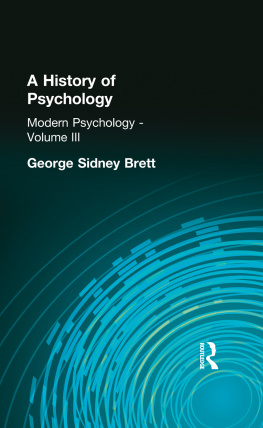
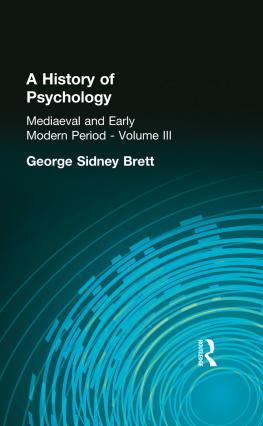
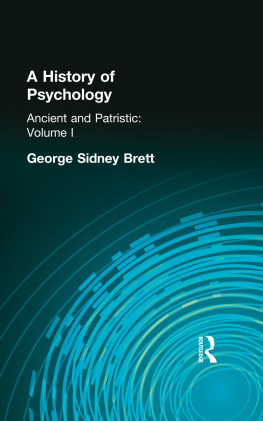
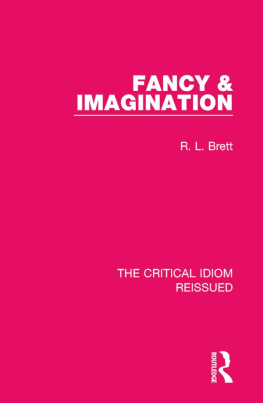



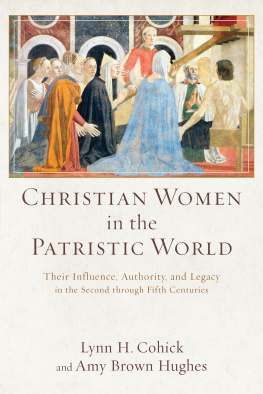


![Simon Brett [Simon Brett] - Mrs. Pargeter’s Pound of Flesh](/uploads/posts/book/142156/thumbs/simon-brett-simon-brett-mrs-pargeter-s-pound.jpg)
![Simon Brett [Simon Brett] - Mrs. Pargeter’s Point of Honour](/uploads/posts/book/142155/thumbs/simon-brett-simon-brett-mrs-pargeter-s-point.jpg)
![Simon Brett [Simon Brett] - Mrs. Pargeter’s Package](/uploads/posts/book/142153/thumbs/simon-brett-simon-brett-mrs-pargeter-s.jpg)



